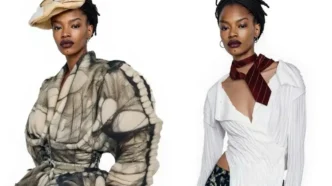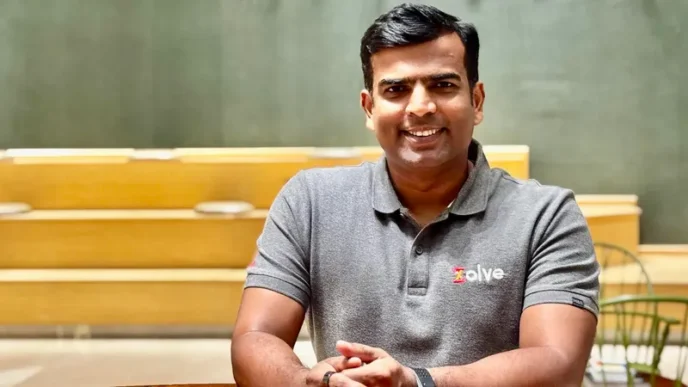Doji, the new AI fashion startup, is making waves in the virtual try-on space with a $14 million seed funding round led by Thrive Capital and backed by Seven Seven Six. The app, which is currently invite-only, lets users create highly realistic AI avatars that can try on clothes in a photorealistic and interactive way—transforming the once-boring task of online shopping into something far more engaging.
Built on proprietary diffusion models, Doji sets itself apart by prioritizing both personalization and style. Instead of offering static previews or low-fidelity mockups, the app creates dynamic versions of you in different outfits, making shopping feel like play. It’s more than just a tech demo—it’s an immersive experience that blends fashion inspiration, social interaction, and personal identity.
The team behind Doji, founders Dorian Dargan and Jim Winkens, brings serious tech pedigree. Dargan has worked on Apple’s VisionOS and Meta’s Oculus Quest, while Winkens previously contributed to generative AI projects at DeepMind and Google. The two connected on Twitter in 2022 and began building Doji with the idea that avatar-driven shopping could be both empowering and joyful.
Unlike other apps that use a single selfie, Doji requires users to upload six selfies and two full-body shots to generate their AI-powered avatar. This additional effort pays off: the results are far more lifelike and customizable. Users can even choose their favorite brands during onboarding to tailor their experience.
With a growing user base in over 80 countries, Doji has ambitions beyond just looking good. It wants to speed up avatar generation, improve garment fit visualization, and eventually integrate checkout directly into the app. For now, users can experiment with different tops and bottoms, paste in links to clothing from the web, and generate looks on their avatar that are ready to share with friends.
Thrive Capital’s Miles Grimshaw believes Doji is on the verge of redefining how we shop. “Doji brings the mirror to you. It’s fun, fast, and built around self-expression, not search fatigue,” he said.
Of course, no virtual try-on is perfect yet. Some testers reported their avatar looked slimmer or taller than expected, though Doji offers retraining options to improve realism. But even with those quirks, the app is a refreshing change in a space that often feels impersonal and static.
According to Dargan, Doji’s advantage isn’t just technical—it’s emotional. “We understand what makes someone feel confident in their image. That’s what makes our avatars resonate.”
As the app evolves, Doji is not only betting on AI—it’s betting on self-image, fashion discovery, and the fun of trying something new.













